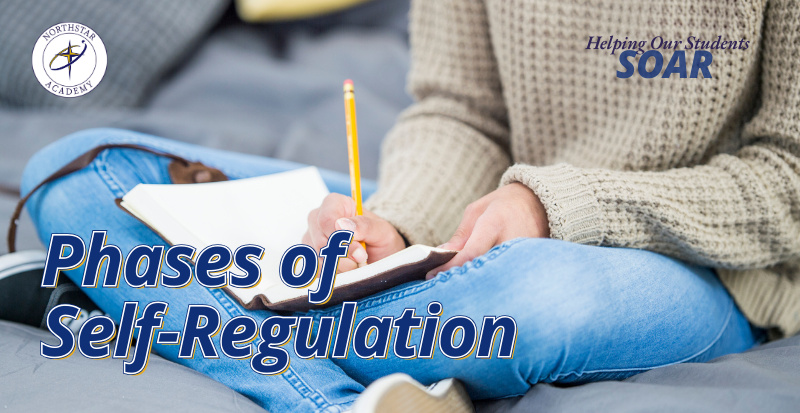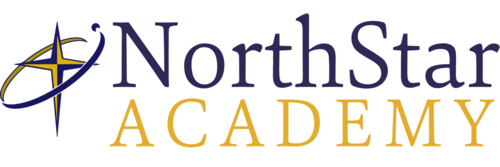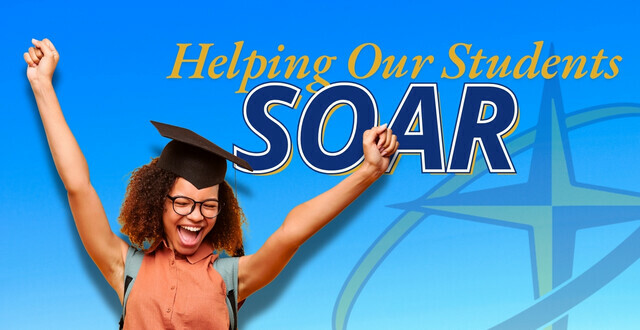Phases of Self-Regulation

The process of self-regulation can help students learn to work more independently. Understanding this process can help you support your student in their learning environment.
Self-regulation can be divided into three broad phases:
1. Forethought: Preparing the Heart and Mind
Forethought is the initial evaluation of the task ahead. Students ask themselves:
- Can I do this?
- Do I want to do this?
- What is the expected outcome?
- How will I get to the expected outcome?
Proverbs 16:3 (NIV) says, “Commit to the Lord whatever you do, and he will establish your plans.” Before undertaking any task, students can learn to turn to God and seek His wisdom. By framing their tasks, students can approach their work with a sense of purpose and clarity.
2. Performance: Faithful Action with Diligence
During the performance phase, learners carry out their tasks. They are seeking ways to stay engaged and overcome any barriers to accomplishing the task. This phase requires:
- Self-control
- Focus
- Attention
For more challenging tasks, it may require:
- Taking risks
- Seeking out further instruction
- Reviewing progress
Colossians 3:23 (NIV) reminds us: “Whatever you do, work at it with all your heart, as working for the Lord, not for human masters.” We can remind students to be diligent, focused, and resilient, understanding that challenges are an opportunity to grow and glorify God.
3. Self-Reflection: Learning with Gratitude and Humility
Finally, during the self-reflection phase, students compare their performance with the expected outcome to help them make future learning decisions. This phase involves:
- Making judgments about strengths and weaknesses
- Figuring out what went wrong and why
- Finding satisfaction in the learning process
In 2 Corinthians 13:5 (NIV), Paul urges believers: “Examine yourselves to see whether you are in the faith; test yourselves.” Students can acknowledge areas where they need improvement, but also give thanks for the opportunity to learn and grow. By reflecting on their efforts and aligning their progress with God’s purpose, students grow not just intellectually but spiritually.
*adapted from Zimmerman’s Self-Regulated Learning (SRL) model

